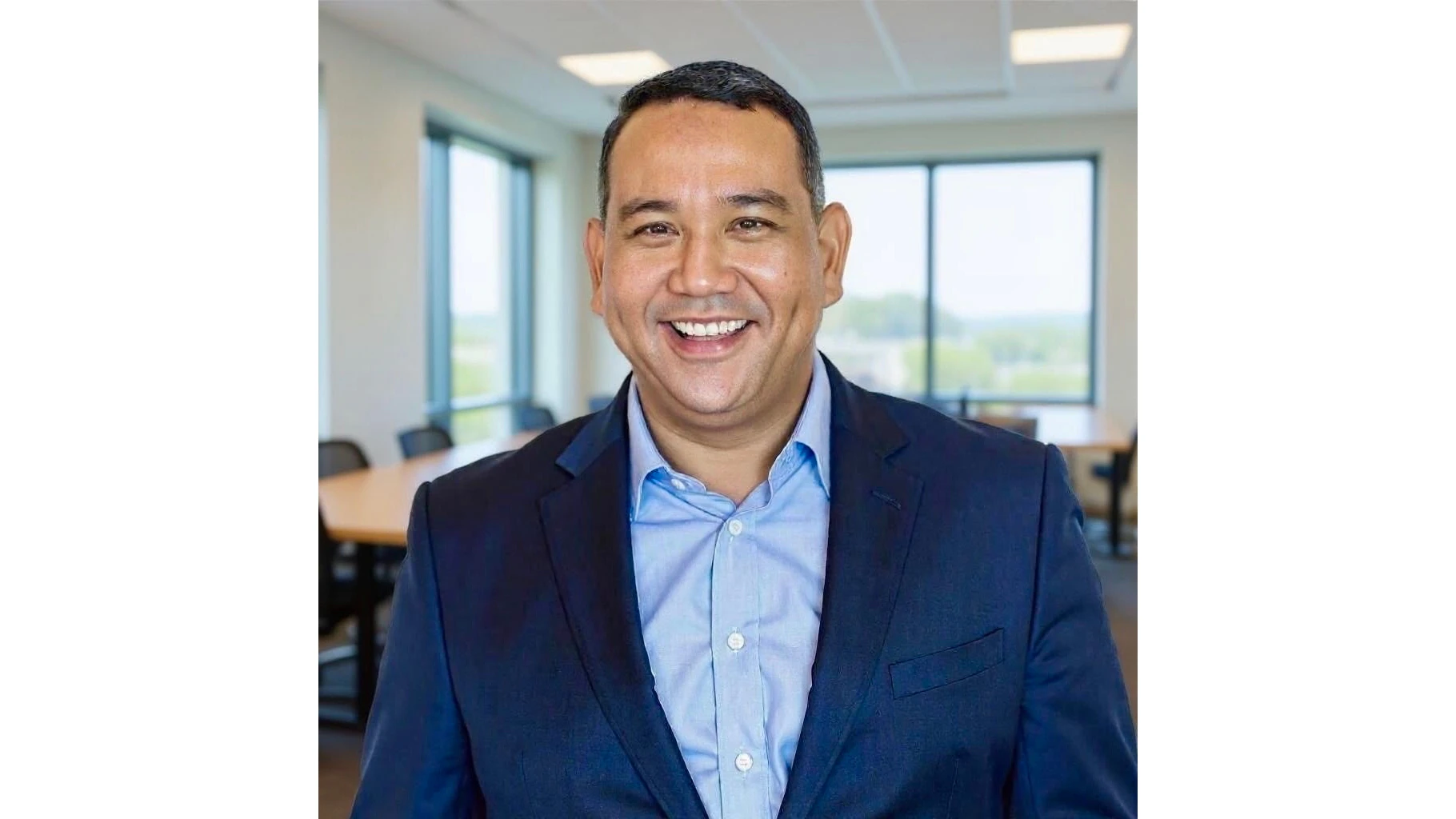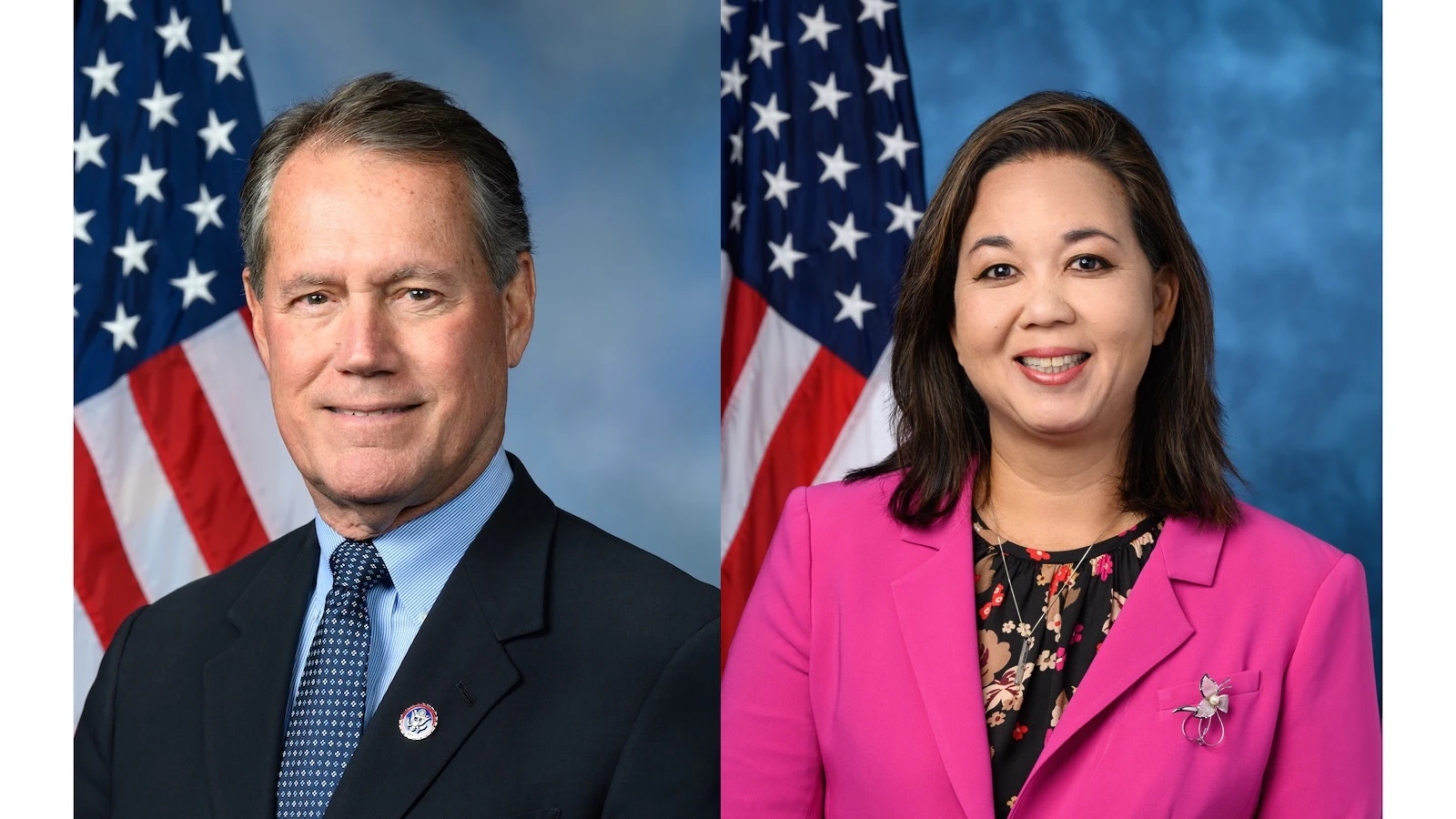Jayson Watts, the director of external affairs and strategic initiatives at Maui-based farming company Mahi Pono, has cultivated a new role. He was recently elected as chair of the Hawaiʻi Agribusiness Development Corp. Board of Directors. He was first appointed to ADC's 11-member board by Gov. Josh Green in late 2022 and has begun a second four-year term, it was announced Aug. 6.
According to its website, ADC aims "to develop an aggressive and dynamic agribusiness development program to facilitate the transition of agricultural lands and infrastructure from plantation operations into other agricultural enterprises, to carry on the marketing analysis necessary to direct the evolution of the agricultural industry, and to provide the leadership for the development, financing, improvement, and enhancement of the agricultural industry." It was created by the Hawaiʻi Legislature in 1994.
“The Agribusiness Development Corporation was established to safeguard Hawaiʻi's agricultural future by converting former plantation lands and water systems into productive assets," Watts told Aloha State Daily in an emailed response to questions from Aloha State Daily. "Now, we are more than just a land manager; we serve as a driver of food security, assisting farmers and ranchers in accessing land, water and infrastructure, while also fostering innovation and market systems that promote sustainable agriculture.”
He says his role is to ensure that its investments are "transparent, strategic and deliver measurable results for Hawaiʻi’s communities."
"A key part of that effort is land acquisition, because keeping farmland in agriculture is fundamental to Hawaiʻi’s future,” Watts continued. “ADC is actively looking to purchase more land throughout the state, especially on Maui and Hawaiʻi Island, so that farmers and ranchers have the space to grow. We have also learned from the past that accountability and collaboration are non-negotiable. That is why our focus is now on scaling the infrastructure farmers need, from irrigation and processing facilities to disaster-ready systems that strengthen resilience.”
A few examples of food innovation locally include the Wahiawa Central Kitchen, the Entrepreneur Product Manufacturing Facility and the Central Oʻahu Agriculture & Food Hub, he said, adding, “These are not just investments; they are part of a system that every island can adapt to its unique needs, pointing us toward a future where Hawaiʻi's agriculture is sustainable, resilient and a source of pride for generations to come.”
Watts has previously served as special assistant to the director of the Hawaiʻi Department of Labor and Industrial Relations, senior advisor to two lieutenant governors, assistant sergeant at arms at the Hawaiʻi State Senate and staff assistant to the late U.S. Representative Patsy T. Mink. He also serves as secretary of the Hawaiʻi Farm Bureau and vice chair of the Hawaiʻi Food Industry Association.
ASD asked Watts about his career, what challenges local farmers are currently facing and how ADC is addressing those needs.
How has your prior government and agriculture experience prepared you for this role? I have been fortunate to spend my career at the crossroads of government, agriculture and community service. Whether it was helping to launch Hawaiʻi’s first farm-to-school pilot program, working alongside farmers and ranchers to expand local food production, or now supporting ADC as it manages nearly $100 million in active capital projects across the state, my focus has always been on turning policy into tangible results.
This isn't a role where one person has all the answers. Progress in agriculture comes from listening to farmers, ranchers and community leaders, then working together to secure resources and remove barriers. My approach is to serve as a partner and a bridge, ensuring the voices of those working hard on the ground influence the decisions we make.
What new initiatives are you most excited about? I’m especially energized by several inter-connected initiatives that are laying the groundwork for a more resilient food system in Hawaiʻi. The Wahiawa Central Kitchen will prepare fresh, locally grown food for students in the Central Oʻahu school district, serving as a model for modernizing institutional food service and creating consistent demand for local farms. The EPMF is assisting value-added businesses in scaling up — from processing and packaging to food safety and marketing. It’s about developing the entire supply chain so producers can move from raw harvests to market with quality and efficiency. Meanwhile, the Central Oʻahu Agriculture & Food Hub is strategically located to serve Oʻahu’s farms as a hub for aggregation, storage and distribution. It will help reduce post-harvest losses, improve cold-chain logistics, and provide smaller farmers with access to infrastructure that they might not be able to build on their own.
Together, these are not just projects; they are parts of a system: infrastructure, market access and value-chain support. This is what Hawaiʻi needs to be ready for disruptions — whether from weather, supply chain crises, or economic challenges. And this is a blueprint that other islands can adapt to their own needs. Not every island requires the same footprint, but each deserves the right mix of facilities that strengthen resilience and support local farmers.
What are your current priorities and long-term vision? Our immediate priorities are clear: strengthen irrigation, expand processing facilities, improve land access for farmers and increase agricultural land across the state. None of this would have happened without the Legislature’s leadership and support, which has made these investments possible.
… Currently, we are focusing on getting shovels in the ground and systems online in the coming years — irrigation upgrades, food hubs and land acquisitions that farmers can use today. … Looking ahead, Hawaiʻi can transition from being one of the most import-dependent states in the nation to becoming a leader in resilient, island-based agriculture. Every investment we make brings us closer to that vision. And if we do this right, we won't just grow more food — we will grow opportunity, resilience and pride across every island.
What are your overall goals, and what impact do you see for island communities? Our overall goal is simple yet powerful: to make farming in Hawaiʻi sustainable in terms of economics, environment and social impact. That means not only supporting farmers with water, infrastructure and markets but also ensuring they have access to the land itself.
… We are already seeing results, from new farmers licensed on ADC lands to investments in food safety technology and jobs created in rural communities. Land acquisition will continue to be central to this effort, making sure there is space for new and expanding farmers across every island. What we are building in Central Oʻahu — with the Food Hub, the EPMF, and the Wahiawa Central Kitchen — demonstrates how targeted investments can strengthen an island’s food system. But what works on Oʻahu doesn’t necessarily need to be duplicated on Maui, Kauaʻi, or Hawaiʻi Island. ADC will work directly with each community to ensure that what is built reflects their unique needs and priorities.
… At its heart, ADC's work is about more than projects or facilities — it is about people. The farmers who take risks to grow food here, the students who deserve access to fresh, local meals, and the communities who rely on agriculture for both jobs and identity. The systems being built today will protect food security tomorrow, from irrigation and cold storage to innovation hubs and disaster-ready infrastructure.
For the latest news of Hawai‘i, sign up here for our free Daily Edition newsletter.
Kelsey Kukaua Medeiros can be reached at kelsey@alohastatedaily.com.





